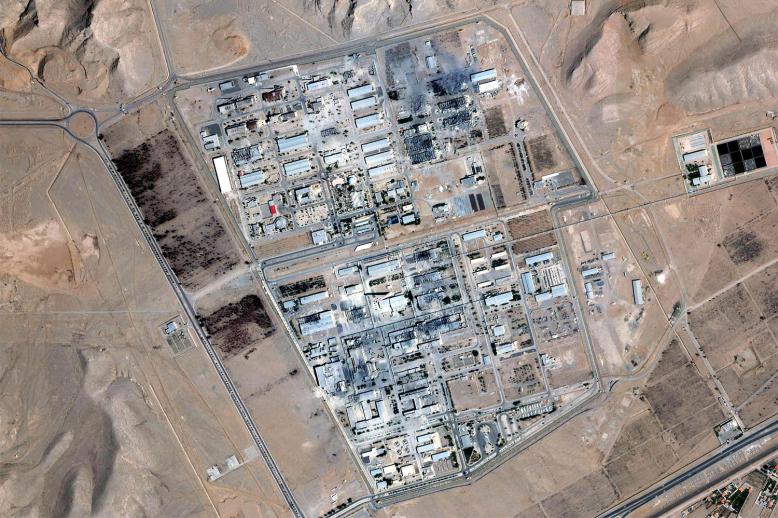Turkey accused of 'hostage diplomacy' with West
WASHINGTON D.C. - Turkey is using foreign prisoners in its jails as diplomatic bargaining chips and Western governments should adopt a coordinated response, US-based experts warned Thursday.
According to a new report, more than 30 Western nationals have spent time in Turkish jails since President Recep Tayyip Erdogan's government launched a crackdown in the wake of a July 2016 coup attempt.
At least six of these, including two US citizens, are still in custody. Others have been released, but Turkey has not paid a price for what the report's authors call "Erdogan's hostage diplomacy."
Thursday's report, which tracks the cases of 55 prisoners with Western ties, was written by former Turkish parliamentarian Aykan Erdemir and a former US ambassador to Turkey, Eric Edelman.
Erdemir, an internationally renowned advocate for religious freedom, is now a fellow at Washington think tank the Foundation for Defense of Democracies, which published the 36-page report.
Edelman, a senior associate of the International Security Program at the Belfer Center for Science and International Affairs at Harvard University, advises the foundation's Turkey program.
Erdemir said that in the aftermath of the failed coup, which Turkey has blamed on US-based cleric Fethullah Gulen, several North American and European Union nationals were arrested.
In many cases the detainees faced secretive investigations and charges alleging ties to Gulen's "terrorist" organization or to Kurdish guerrillas, often on apparently flimsy evidence.
This may not have been an organized, centralized effort to sweep them up -- in many cases local issues combined with anti-Western sentiment drove the arrests -- but the government sought to exploit the situation.
"There really seems to be a systematic attempt, through these bogus political charges to go after Western nationals, often based on secret witness testimony or arbitrary and long detention," Erdemir said.
"Our argument is this is part of an overall policy of hostage diplomacy. There seems to be an attempt to use these individuals as bargaining chips, as pawns, often to extract concessions from Turkey's counterparts."
Turkey has, for example, more or less explicitly links demands for the release of detainees to its own calls for alleged Gulenists to be extradited from the West and in some cases for arms sales.
- 'Concerted strategy' -
The report notes that so far, Western governments have attempted to secure the fair treatment of their nationals in quiet bilateral negotiations with Turkey, with varying degrees of success but little cost to Ankara.
Two US citizens have been in jail for the past two years: Andrew Brunson, a Christian pastor based in Turkey, and Turkish-American NASA physicist Serkan Golge, who was picked up while he was on holiday there.
Both have been accused of supporting terrorism.
US officials regularly protest their detentions, but Thursday's report calls for tougher action in coordination with other targeted allied nations.
The author's praise the stance of Germany, which has issued travel advisories to its citizens and limited economic investment.
"Berlin's policy of no normalization as long as there are German political prisoners would be more effective if implemented by its Western partners," the report argues, calling for a "concerted trans-Atlantic strategy."
The Turkish embassy was not immediately available to comment on the report, but Turkish officials have previously insisted that their country's laws and court system must be respected.

![A woman walks in front of 'Dirilis [Resurrection] Church' in which US pastor Andrew Brunson had his congregation, in Izmir, Turkey.](/sites/default/files/styles/home_special_coverage_1920xauto/public/2018-05/brns.jpg?itok=-av3lzyy)



![A woman walks in front of 'Dirilis [Resurrection] Church' in which US pastor Andrew Brunson had his congregation, in Izmir, Turkey.](/sites/default/files/2018-05/brns.jpg)